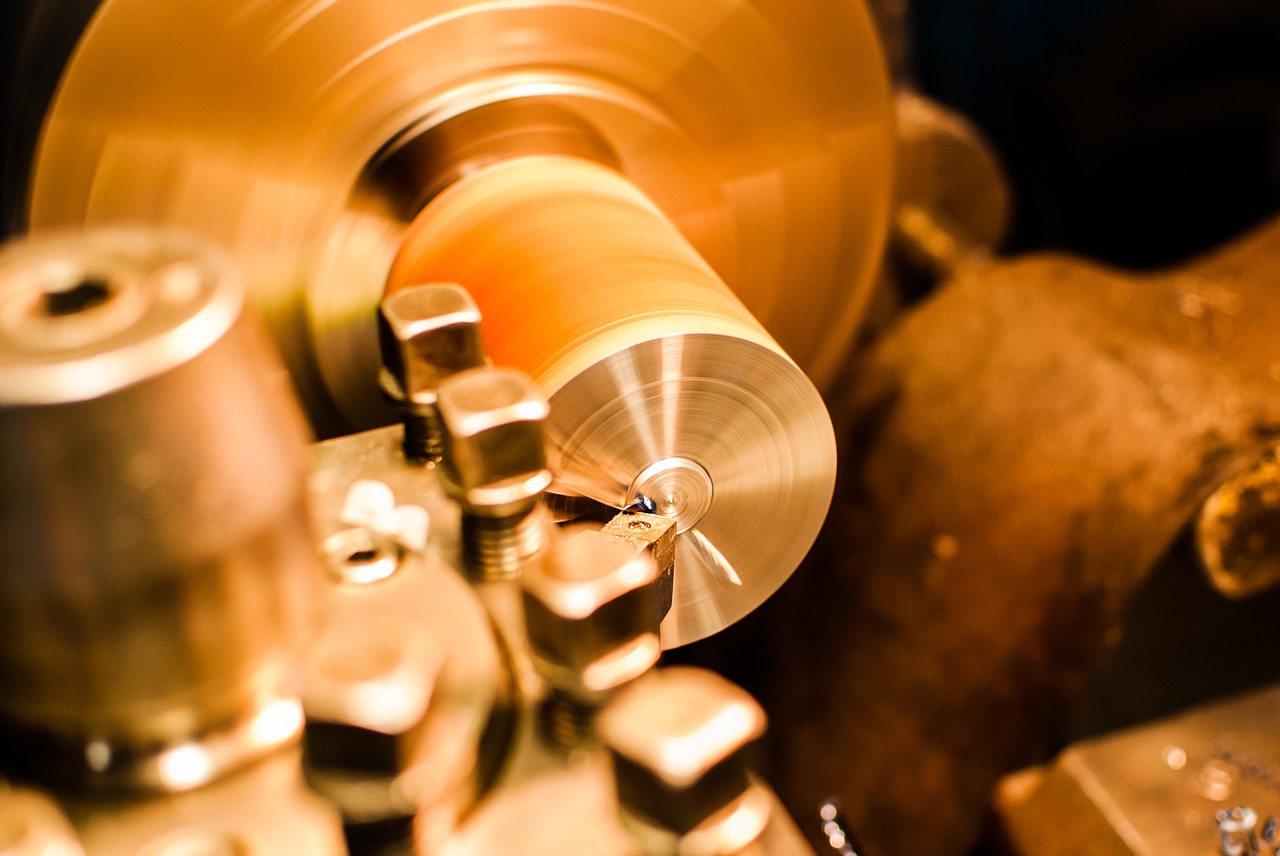Running a small metal workshop comes with its trials and tribulations to overcome, the most important of which is the procurement of equipment to actually fulfill the orders you win from clients.
You can make savings if you buy second-hand machinery rather than new units, although newcomers to the concept of the used equipment market may be cautious about taking this route. With that in mind, here are some tips to help you out.

Image Source: Pixabay
Use a reputable reseller
There are a growing number of marketplaces for used machinery, including this company which is reputable and reliable in terms of the service it offers.
While you may decide to just buy privately, there are more risks associated with this option, so the security and certainty you get with opting for a mainstream platform instead should be worth any additional costs involved.
Check equipment condition
If the used equipment you buy for your small metal workshop is not in the advertised condition, then it could become a burden rather than a benefit to your business. A faulty or outright non-working unit will cost you cash to repair and house, could cause downtime expenses, and you may ultimately need to pay to have it taken away to be recycled.
As such, you should aim to confirm the condition of any second hand equipment in person before you buy. This will let you avoid any nasty surprises after you take delivery, and allow you to assess whether or not the asking price is fair, or if there may be some wiggle room to account for issues you identify.
Consider size & functionality
There are two factors which will determine the suitability of a metalworking machine for your business; what it can do, and how quickly it can do it. These should be fairly obvious to most buyers, and if you know what your workload will be, you should be able to narrow down your options to equipment with the right functionality to meet your needs.
The third, often overlooked issues is that of the size of the equipment. Bigger units tend to be more powerful and capable, but unless you have the space to accommodate them, this will be irrelevant. You also need to calculate other limiting factors, such as energy consumption, which will let you establish if a particular model will be able to justify your upfront investment in the short term, or only become profitable far in the future.
Remember to check the way the specs are expressed
Buying machinery on the used market means that you could encounter equipment which started life in one part of the world, but has since ended up in your region. This means that there could be differences in the way that its capabilities are expressed; for example, if its size and capacity is expressed in centimeters and meters, but you are thinking in feet and inches, you could make a mistake when choosing.
Similar to the way that there are differences in the recycling market and the way weights and volumes are measured, along with the currencies used to express prices for particular materials and varied market conditions worldwide, it is best to keep your wits about you when browsing used machinery for your metal workshop to avoid disappointment.
